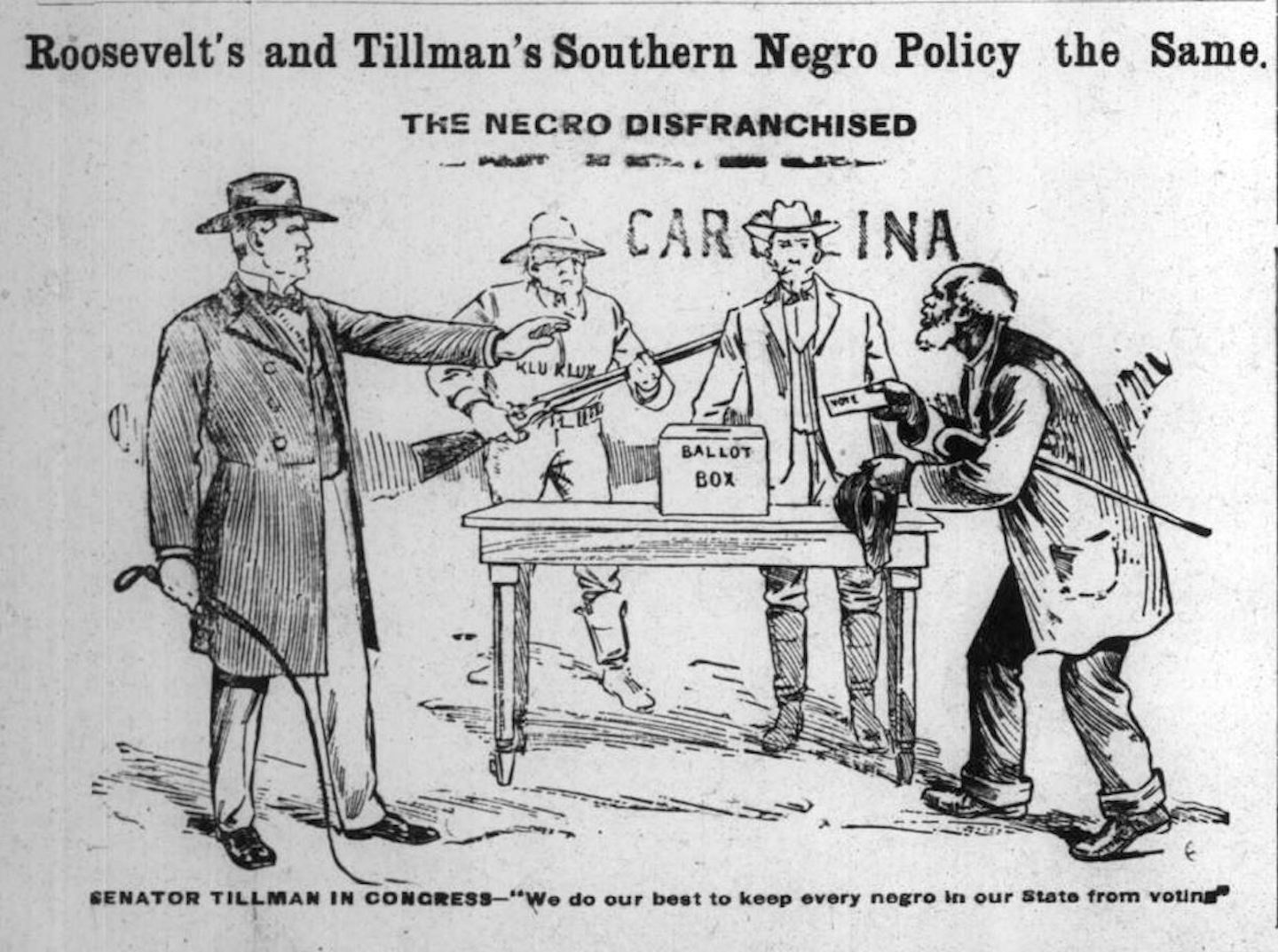2020 Democracy Index (The Economist Intelligence Unit, 2021)
What I found interesting about this chapter from Flint and Taylor was the assumption implicit in the text that core countries are flourishing liberal democracies, while periphery and semi-periphery nations struggle to support democracies (Flint & Taylor, 2018). What I found even more bizarre was their discussion of the history of Latin American coups and military juntas; the implication in this text was that liberal democracy fails in Latin America due to poverty and an inability to reconcile the needs of the populace with the goals of the state, leading to ineffective populist leaders such as Peron in Argentina who are overthrown and replaced by military juntas, or in other cases have led to the election of autocratic strongmen/the establishment of one-party rule. These contentions, are not only ridiculous but also completely ahistorical. Latin America does not have a strong history of flourishing, stable democracy not because Latin Americans are incapable of doing democracy, but because of the Monroe Doctrine. The United States has intervened in Latin American politics dozens of times, typically in order to precent the establishment of leftist governance. A prime example of this is the assassination of the democratically elected Salvadore Allende in Chile, and the subsequent US-backed totalitarian regime of Augusto Pinochet. More recently can be seen in the coup in Bolivia that ousted socialist Evo Morales after he moved to
nationalize Bolivia's lithium mines (Lithium Latin America);
he was replaced by Jeanine Áñez, who was much more friendly towards US economic interests (Al Jazeera). Quite the coincidence there.
My point in this discussion of US intervention in Latin America is to demonstrate that the will of the people in Latin American is often not respected by the imperialist core, and that I believe Flint and Taylor's analysis about this causation to be incorrect. I believe they are also incorrect in their thesis as well - that democracy is strongest in core nations and is weak in non-core nations - because despite uneven development between the core periphery, and constant intervention in Latin America, democracy is stronger in some periphery Latin American countries than in many core countries.
One need only compare Costa Rica to the United States to see how flawed Flint and Taylor's reasoning is. For the entirety of its existence, the ruling class of the US has practiced voter suppression in order to secure their power; first, the 3/5s compromise to ensure the primacy of slavery, then Jim crow laws to suppress the black vote during and after Reconstruction (eg.
literacy tests, poll taxes, the Grandfather Clause, etc.) (Evans, 2021), district gerrymandering, and today, current voter I.D. laws, inefficient voting center conduction leading to absurdly long wait times,
"mass purges of voter rolls" and the disenfranchisement of felons, among many other things (ACLU, 2021). And this is only covering the very narrow subject of
voting - we aren't even getting into the corruption in the US government! Lobbying, the revolving door between lobbying groups and congress, campaign finance corruption - the list is miles long! Clearly holding the US up as a bastion of democracy while denigrating the sabotaged attempts at democracy - many of which were attempts at
worker democracy - in Latin America and other regions in the periphery is, if not flat out ludicrous, at the very least hypocritical.

There are not many similarities between these two democracies, and as evidenced by my analysis above, their election processes could not be more different. They are similar in governmental structure, however, both being governments with 3 branches and the president as the chief executive. However, this is really where the similarities end.
References
1912 Political Cartoon. (n.d.). Charleston County Public Library. Retrieved from https://www.ccpl.org/charleston-time-machine/decline-voting-suppression-south-carolina-1900-1965#gallery-1.
AFP. (2022, April 1). Costa Rica: Central America's Green Pin-up. The Tico Times | Costa Rica News | Travel | Real Estate. Retrieved April 16, 2022, from https://ticotimes.net/2022/04/01/costa-rica-central-americas-green-pin-up
AFP. (2022, February 4). Costa Rica: A stable democracy with no army but a hurting economy. The Tico Times . Retrieved April 16, 2022, from https://ticotimes.net/2022/02/04/costa-rica-stable-democracy-no-army-and-a-hurting-economy
Al Jazeera. (2019, December 25). Morales claims US orchestrated 'coup' to tap Bolivia's lithium. Evo Morales News | Al Jazeera. Retrieved April 16, 2022, from https://www.aljazeera.com/news/2019/12/25/morales-claims-us-orchestrated-coup-to-tap-bolivias-lithium
Block the vote: How politicians are trying to block voters from the Ballot Box: News & Commentary. American Civil Liberties Union. (2021, September 29). Retrieved April 16, 2022, from https://www.aclu.org/news/civil-liberties/block-the-vote-voter-suppression-in-2020
Bolivian Coup Comes Less Than a Week After Morales Stopped Multinational Firm’s Lithium Deal. Congress and Exhibition Lithium Latin America. (n.d.). Retrieved April 16, 2022, from https://lithiumcongress.com/bolivian-coup-comes-less-than-a-week-after-morales-stopped-multinational-firm-s-lithium-deal/
Democracy index 2020. Economist Intelligence Unit. (n.d.). Retrieved April 16, 2022, from https://www.eiu.com/n/campaigns/democracy-index-2020/
The Economist Newspaper. (n.d.). Global democracy has a very bad year. The Economist. Retrieved April 16, 2022, from https://www.economist.com/graphic-detail/2021/02/02/global-democracy-has-a-very-bad-year
Evans, F. (2021, May 13). How Jim Crow-era laws suppressed the African American vote for generations. History.com. Retrieved April 16, 2022, from https://www.history.com/news/jim-crow-laws-black-vote


Comments
Post a Comment